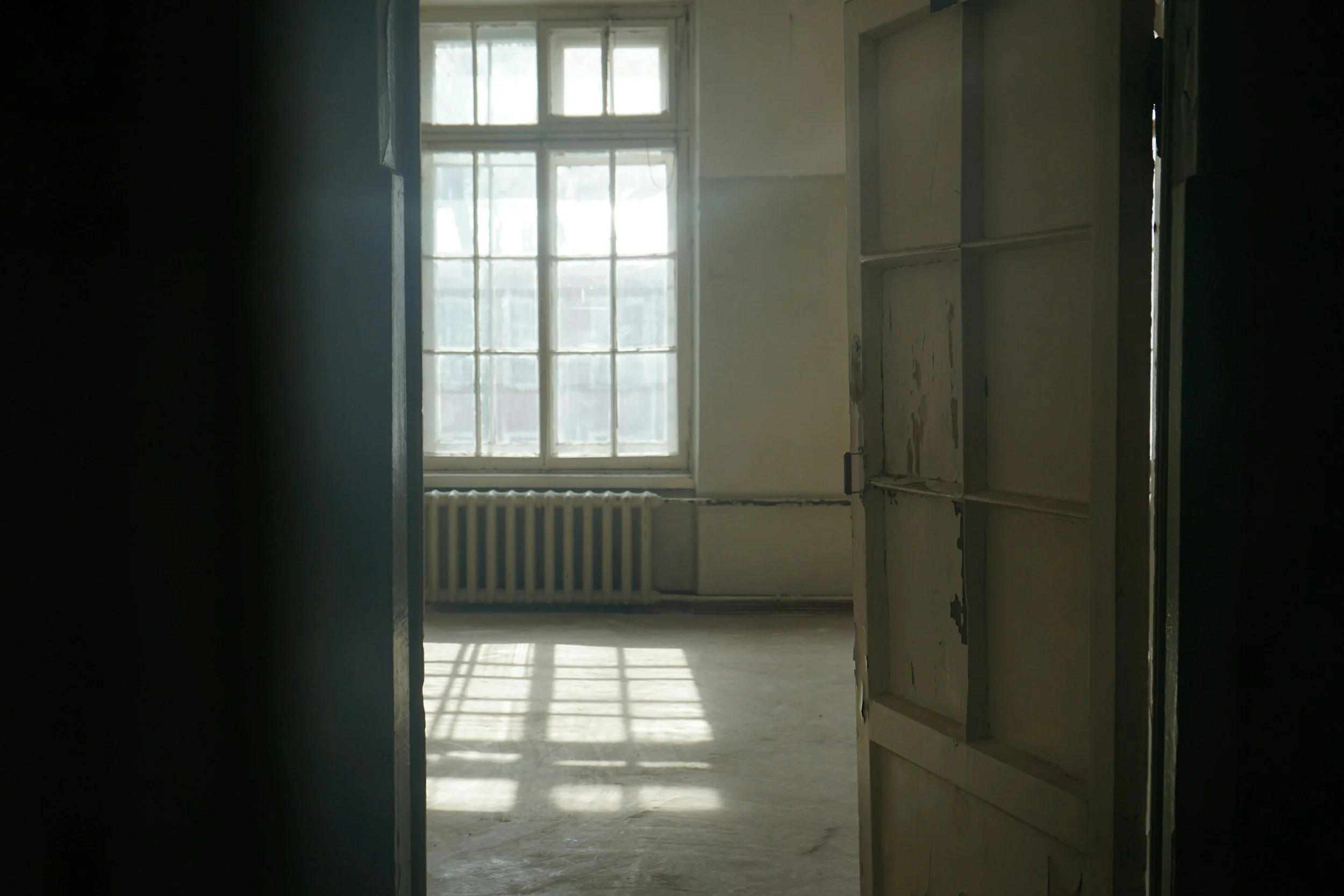Why Do Couples Stay in Relationships When the Love is Gone?
We live in a society where love is overly romanticised. Love is most often seen (incorrectly) as everlasting relationships, ‘till death do us part’. There are thousands of books and movies – like Pride and Prejudice – that sell us the dream of ‘happily ever after’, but does happily ever after even exist? Is it just a marketing gimmick? After all, love sells and sells well. We live in a society where we are made to believe that our true love is out there somewhere and are encouraged to hold close to that belief – finding love is seen as ‘just a matter of time’… and money. It is not uncommon to stay in stale relationships. There are many examples of relationships that have grown stagnant and fail to evolve or relationships that have gone past their expiry date. Yet, we are taught not to consume expired goods; we understand that, even if they are not harmful, they lack the potency they once had. We choose to believe that all our relationships will last forever simply because we will it so, that we are parted only in death, and henceforth continue to carry our ball and chain till the end of time.
The estimated divorce rate within the UK is 42%, almost half of people who marry get divorced. Given how common divorce is today, it could be easy to ask why people still find themselves trapped within certain relationships, unable to find the door through which they could escape. Many external factors can keep a person stuck in a relationship – it would be misleading to underplay the hassle, effort, and expense of separation. The current trending word for separation is ‘de-coupling’. Imagine the stressful process of de-coupling, of having to untangle your life from another’s? There are so many things to think about: informing friends and family, returning an ex’s things, and answering difficult questions like, “why are you deleting your ex off your social media accounts?” Has social media made it increasingly difficult to remove people who are no longer part of your life? Or have other people’s opinions about our personal lives made it difficult and overly complicated to be open about your relationship status? The thought of people finding out about your failed relationship is often more daunting than reclaiming your happiness.
Someone very dear to me was in a toxic relationship – one that was not going anywhere. Their relationship was dead and the only thing that could come out of it was pain and suffering. They continued living with their partner even though, deep within them, they had no feelings for this person. I asked them, “why are you putting yourself through this, just leave him?” They looked me in the eye and said, “I can’t leave him”. They told me that the reason they were still in this relationship, that mentally had ended ages ago, was for the children. She wanted her children to grow up in a stable home, with both parents. According to her, children that grow up in ‘broken homes’ grow up with astronomical amounts of emotional baggage. According to her, children from broken homes grow up to be unstable; they are more likely to have commitment issues within relationships, fail to complete their studies, become drug addicts etc.
It dawned on me that she was not the only person with this ideology. In fact, her fears are the main fears parents face when they think about ending a long-term relationship. What about the kids? We all know a parent’s love for a child can be self-less with no strings attached. Some parents are willing to go to extreme measures to keep their children happy and safe. Even if it means staying in a loveless relationship. They justify it by saying ‘it’s only a few years of compromise’. Selflessly, most parents are willing to make this sacrifice by delaying divorce until their children leave home, sometimes separating once their children have grown – known as a ‘saga divorce’. They pretend to stay happily married while leading separate lives, for the sake of their children. This is not uncommon; I am sure we all know someone or may have heard of someone that has made this sacrifice for their children.
There are many fears of the emotional repercussions of children growing up through instability. But is it not also true that our children learn from our actions and not solely from our words? Why must we stay in a relationship that has mentally and physically ended, justifying doing so as for the sake of our children? Is that decision in our children’s best interest? Are we not, through our actions and not through our words, teaching our children to brush obvious issues under the carpet instead of addressing problematic realities? Sometimes, in the desperation to maintain the mirage of a happy family, we make the daunting reality of falling out of love or growing stagnant even more complicated.
Why can we not be like children? Children have this uncanny ability to present their feelings just as they are. They do not weigh their options, they do not dwell on it, they do not justify why they must hide their feelings. They just simply put it out there. I think it is high time that parents start to be more open with their children. If parents are de-coupling, it is important to explain to their children that their separation will not change their love for their kids. What children need from parents who are de-coupling is affirmation; to let them know that some things may – inevitably – change, but birthdays, Christmas, Easter will still be celebrated. There will still be family holidays. Children need to be reassured that you will be there when they get an award, at their sports day, when they collect their exam results, and you will absolutely be moving them into university. In choosing to be more open with children about de-coupling, children will be better positioned to recognise, accept, and adapt to the changes in their conventional family setting in a way that mitigates the emotional distress they may experience in the process. Like everyone, children can be bewildered by the unknown. There is a need to provide clarity to children during the de-coupling process.
There are all sorts of fears and practical issues involved in ending a relationship that has gone past its sell-by date. Many people fear the idea of being alone, even if they are presently alone in their relationship. Some people are so caught up with being the homemaker they forget to sustain support systems of their own; they fear de-coupling as, sometimes, their partner is their only support. Some people fear their selfishness: making decisions that are in your best interest, knowing they may cause someone you have loved upset, can be difficult. There are also the fears of dealing with the stigma of a failed marriage: what will people say? Some people fear what dating post-split might be like. It is not irrational to worry about how your age and post-split status might impact your experience of dating. And then there are the financial issues – can you realistically afford this break-up? How do you split your assets? Who keeps the family home? Financial implications are another major fear when couples consider de- coupling. If you take the current economic crisis into account, many households have suffered financially from the pandemic. During these unprecedented and difficult times some people lost their jobs and have had to survive on the bare minimum. This has undoubtedly impacted people who have been considering separation, causing them to hold off this major de-coupling decision until they can somehow stabilise their finances.
There is a plethora of reasons why couples become trapped in a relationship. It is never an easy process, in fact, it’s an extremely excruciating process. What we need to remember is that everyone has a right to be happy. If you have exhausted all attempts to save your marriage/relationship, then it’s time to admit that splitting may be in everyone’s best interest. Staying in a loveless relationship is not a selfless act, it is a miserable way to spend the only life you will get. As difficult as it is to do, it is important that couples can overcome their fears and insecurities, and stop using children, finances, and other numerous excuses as scapegoats to remain in relationships that have already ended.
Written by Sadiyya Begum
My name is Sadiyya Begum, I am a mom of two, who is passionate about writing and sharing content. I also have a BA Honors in Accounting, I am now studying programming part-time, in order to build a new career following a long break from being a full-time mom. I also enjoying reading and writing book reviews on Goodreads.








